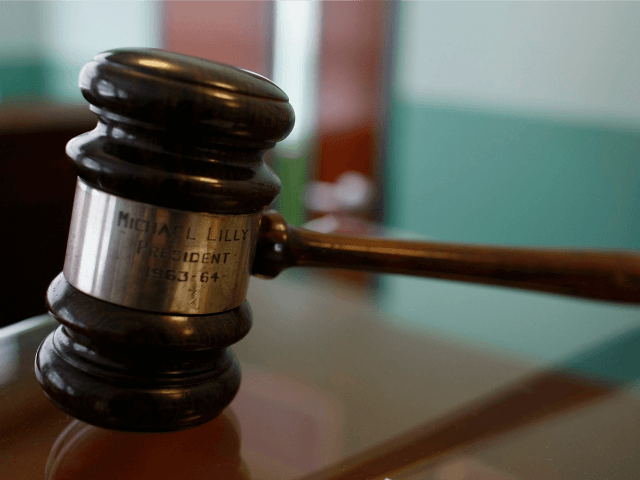A report from the Foundation for Individual Rights in Education (FIRE) suggests that most colleges fail to uphold due process rights for students accused of sexual misconduct.
According to a report from FIRE, the vast majority of American colleges don’t offer due process rights for students who have been accused of a crime.
An astonishing 88.7 percent of colleges don’t allow accused students a meaningful opportunity to cross-examine their accusers, a right which is guaranteed under the law. This percentage fluctuates when other factors, such as the implementation of other due process rights, are considered.
The rights to conduct meaningful cross-examination and receive advance written notice of the allegations against a student—including the policy at issue and underlying behavior—were also exceedingly rare. For each safeguard, 48 out of 53 schools (90.6%) received zero points, meaning that they do not guarantee students these safeguards in at least some non-academic cases.
FIRE points out that the ability to cross-examine witnesses is almost necessary in campus sexual assault cases. This belief about the significance of such cross-examination comes directly from several American court cases, notably a September 2018 U.S. Court of Appeals case in which the court held that cross-examination is an essential element of due process in campus judicial proceedings.
As a number of courts have recognized, the ability to cross-examine witnesses in real time is particularly crucial in campus sexual assault cases, which often lack witnesses and physical evidence and therefore may rely heavily on the relative credibility of the accuser and the accused. In September 2018, the U.S. Court of Appeals for the Sixth Circuit held in Doe v. Baum that cross-examination is an essential element of due process in campus judicial proceedings turning on credibility. The court wrote that “if a public university has to choose between competing narratives to resolve a case, the university must give the accused student or his agent an opportunity to cross-examine the accuser and adverse witnesses in the presence of a neutral fact-finder.” 903 F.3d 575, 578 (6th Cir. 2018). Similarly, in Lee v. University of New Mexico, the court held that the student-plaintiff’s allegations “plausibly support a finding that his sexual misconduct investigation resolved into a problem of credibility such that a formal or evidentiary hearing, to include the cross-examination of witnesses and presentation of evidence in his defense, is essential to basic fairness.”
You can read the entirety of FIRE’s Spotlight on Due Process here.

COMMENTS
Please let us know if you're having issues with commenting.